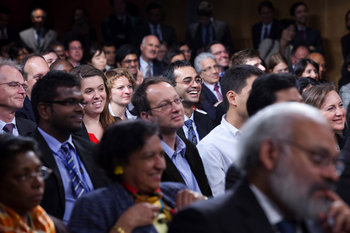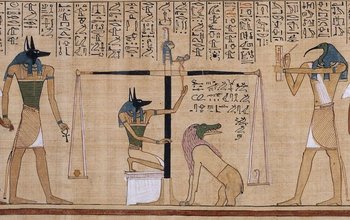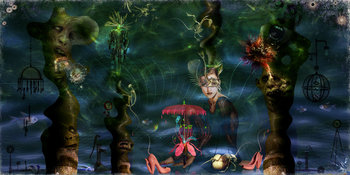
Tolerance
The Habsburg Monarchy ruled over the Holy Roman Empire of the German Nation. This was a vast and complex multi-ethnic region in Western and Central Europe. The principle of live and let live was designed to produce peace and civility in an Empire with multiple ethnic groups, peoples, minorities, religions, cultures and languages. This would call for a multicultural society where peoples retain their own culture but cooperate as a unified society.Freedom
Live and let live is referenced in a 1622 legal journal entitled Ancient Law‐Merchanti by Gerard de Malynes. It refers to the phase as being an ancient Dutch proverb. As a legal principle, live and let live was adopted in support of the economic freedoms of the merchant class. This can be extended to any freedom as the basis of freedom is to live as you see fit and allow others to do the same.Humility
The origin of live and let live is likely the ancient teachings of the religion Jainism. Specifically, the phrase "Live and let live. Love all - Serve all" is attributed to the spiritual leader Mahavira from the 6th century BC. In this context, it may be viewed as a call to humility. For example, working on your own faults before aggressively calling out the failings of others.| Overview: Live And Let Live | ||
Type | ||
Definition (1) | ||
Possible Origin | Mahavira, 6th century BC | |
Related Concepts | ||
























